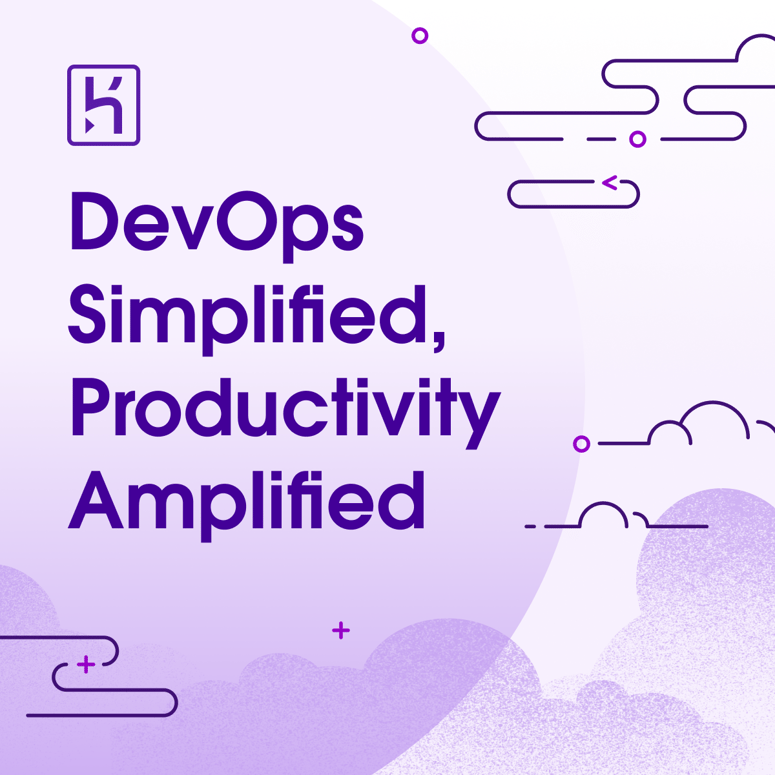Java 8 revolutionized how developers write and think about Java code by introducing functional programming concepts. At the heart of this transformation are Lambda Expressions, Functional Interfaces, and the Streams API. These features together promote a more expressive, concise, and readable way to write code that is powerful, efficient, and scalable.
In this comprehensive article, we will dive deep into each of these features, understand the underlying theory, and then walk through practical examples with detailed, line-by-line explanations.
1. Introduction to Functional Programming in Java
Before Java 8, Java was strictly an object-oriented programming language. Functional programming concepts like passing behavior (not just data) as arguments were difficult and verbose. Java 8 brought in a hybrid model, enabling functional programming through lambdas and streams while retaining OOP principles.
What is Functional Programming?
Functional programming is a paradigm where functions are treated as first-class citizens. It encourages writing pure functions, immutability, and declarative constructs to process data.
Key concepts include:
- Functions can be passed as arguments
- No side effects
- Lazy evaluation
- Higher-order functions
Java's adoption of functional programming features made the language more expressive and concise, especially for data manipulation and collection processing.
2. Lambda Expressions in Java
What is a Lambda Expression?
A Lambda Expression is an anonymous function that can be passed around as data. It provides a clear and concise way to represent a method interface using an expression.
Syntax:
(parameters) -> expression
(parameters) -> { statements }
Characteristics:
- No name (anonymous)
- Can be assigned to a variable
- Implements a functional interface
- Enables cleaner and more expressive code
Why Use Lambda Expressions?
- Simplifies writing anonymous inner classes
- Makes code more readable and concise
- Enables functional-style operations on collections
Example:
Runnable r = () -> System.out.println("Running a thread");
r.run();
Traditional vs Lambda:
// Traditional Runnable
Runnable r1 = new Runnable() {
public void run() {
System.out.println("Hello from thread");
}
};
r1.run();
// Lambda Runnable
Runnable r2 = () -> System.out.println("Hello from lambda");
r2.run();
Common Lambda Use Cases:
- Event handling
- Threading
- Collection iteration
- Stream operations
3. Functional Interfaces
What is a Functional Interface?
A Functional Interface is an interface with exactly one abstract method. It can have default or static methods, but only one method must be abstract.
Examples in Java:
@FunctionalInterface
interface Calculator {
int operation(int a, int b);
}
Functional Interface Characteristics:
- Annotated with
@FunctionalInterface(not mandatory but recommended) - Target type for lambda expressions
- Defined in
java.util.functionpackage for standard use cases
Common Built-in Functional Interfaces:
| Interface | Abstract Method | Description |
|---|---|---|
| Predicate | test(T t) | Returns true/false |
| Consumer | accept(T t) | Consumes input, no return |
| Function<T, R> | apply(T t) | Converts T to R |
| Supplier | get() | Supplies a result |
| BiFunction<T,U,R> | apply(T,U) | Takes two args, returns one |
Example with Lambda:
Function<String, Integer> lengthFunc = s -> s.length();
System.out.println(lengthFunc.apply("Lambda")); // Output: 6
4. Streams API
What is a Stream?
A Stream is a pipeline of elements from a data source (e.g., collections) that supports aggregate operations such as filter, map, reduce, collect, etc.
Stream Characteristics:
- Doesn’t store data, just processes it
- Lazy evaluation
- Can be sequential or parallel
- Doesn’t modify the source
Stream Pipeline Structure:
- Source: e.g., List, Set, Map
-
Intermediate Operations: e.g.,
filter,map,sorted -
Terminal Operation: e.g.,
collect,count,forEach
Common Operations:
filter(Predicate)map(Function)sorted(Comparator)limit(long)collect(Collectors)
5. Practical Example with Explanation
Let’s analyze this common example:
List<String> names = Arrays.asList("John", "Alice", "Bob");
List<String> filtered =
names.stream()
.filter(name -> name.startsWith("A"))
.map(String::toUpperCase)
.collect(Collectors.toList());
System.out.println(filtered); // [ALICE]
Line-by-Line Breakdown:
Line 1:
List<String> names = Arrays.asList("John", "Alice", "Bob");
- Creates a
ListofStringwith three names. -
Arrays.asList()creates a fixed-size list backed by an array.
Line 3:
names.stream()
- Converts the list into a Stream.
- No data is processed yet (lazy initialization).
Line 4:
.filter(name -> name.startsWith("A"))
- Intermediate operation.
- Filters elements where the name starts with "A".
- Result:
Stream.of("Alice")
Line 5:
.map(String::toUpperCase)
- Maps the name "Alice" to its uppercase form.
- Result:
Stream.of("ALICE")
Line 6:
.collect(Collectors.toList());
- Terminal operation.
- Converts the stream into a
List<String>containing one element:["ALICE"]
Line 8:
System.out.println(filtered);
- Prints the final result:
[ALICE]
6. Real-World Use Cases of Lambdas, Functional Interfaces, and Streams
1. Filtering and transforming user data
List<User> users = ...
List<String> emails = users.stream()
.filter(user -> user.isActive())
.map(User::getEmail)
.collect(Collectors.toList());
2. Logging and event handling
button.setOnClickListener(event -> System.out.println("Clicked!"));
3. Sorting with Comparator and Lambdas
Collections.sort(users, (u1, u2) -> u1.getName().compareTo(u2.getName()));
7. Best Practices
- Keep lambdas short and expressive
-
Use method references when possible (
String::toUpperCase) - Avoid side-effects in stream pipelines
- Use parallel streams only when beneficial (e.g., large datasets)
- Chain operations for readability and maintainability
8. Conclusion
Lambda expressions, functional interfaces, and the Stream API are cornerstones of modern Java programming. They enable a declarative, functional, and clean way to process data and compose logic.
By mastering these constructs, Java developers can write code that is more concise, expressive, thread-safe, and easier to test and maintain.
If you haven’t already started integrating these into your projects, now is the time to evolve your Java style into the functional future.





Top comments (0)